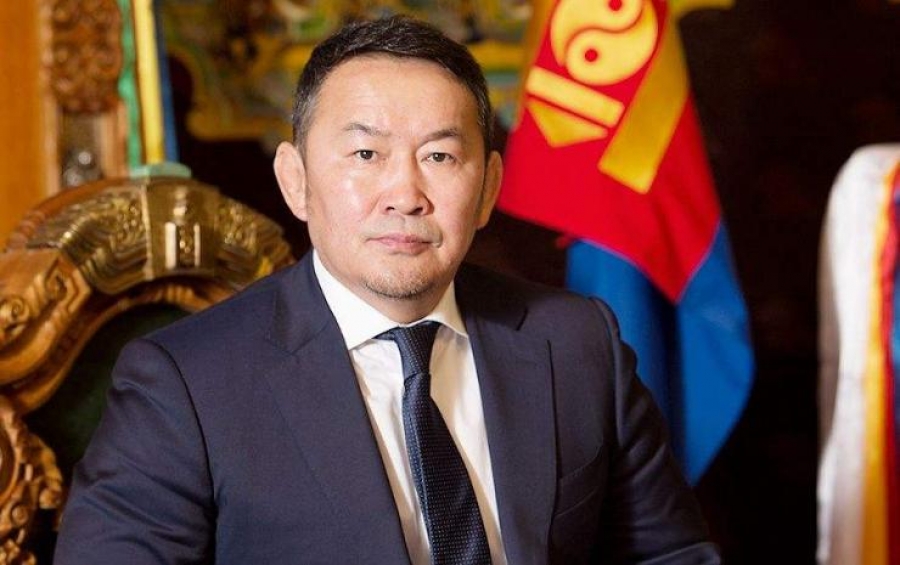
President Trump wrote to me in February saying, “I want to assure you that my administration is strongly committed to our valuable partnership with Mongolia. The United States is proud to be Mongolia’s trusted ‘third neighbor,’ and we appreciate Mongolia’s support as we work together to address regional and global challenges.”
These words are both an important encouragement and responsibility to us.
Along with Singapore, our capital Ulaanbaatar is honored to be considered as the host location of the landmark summit between the U.S. President Trump and North Korea’s leader Kim Jong-un. It is a recognition of Mongolia’s decades of effort in preserving peace and stability in Northeast Asia.
As the president of Mongolia, I was elected on a platform of fighting corruption, bolstering national security and creating jobs. Mongolia is blessed with vast natural resources, but we cannot afford to let it exacerbate income inequality. The growing gap between poor and rich among our population of three million would weaken our national security and undermine our democratic institutions.
When I previously worked as the minister of infrastructure and agriculture, I took a more sustainable approach: to preserve the nomadic herding lifestyle of yesteryear while fostering new economic opportunities through free market and the increased employment of women.
At the same time, we want to invest in our people. Given the cyclical nature of commodity markets, we want to build up industrial centers that can do value-added processing of minerals. This will create skilled jobs and diversify the economy like nothing else.
The benefits of our approach are there for all to see. In the 1990s, Mongolia began to shed its command economy for the free market. Thanks to the tariff waiver legislation introduced by the late U.S. Congressman Phil Crane, the Mongolian wool industry was the first enterprise to escape state control. With freedom came production and trade.
Last year, the United States exported $56 million worth of goods to Mongolia, while Mongolia exported only $11 million worth of goods to American consumers. Mongolia will not be dumping cheap products that would displace American workers.
The potential for trade is even larger. One key to our growth has been the Most Favored Nation (MFN) status, bestowed by the United States in 1991. This special relationship helped open up our markets and ultimately created jobs for nearly 40,000 women in the textile sector. The strategic benefits of our bilateral commercial relations is even greater.
Now we hope to deepen and strengthen our economy with diverse international partners while protecting our national security. Both Japan and the European Union extended preferential treatment to numerous Mongolian imports. A similar United States program for our cashmere, wool, and textile industries would offer an effective way to strengthen Mongolia’s position in the region—and with no loss to US workers.
A Mongolia with strong economy and vibrant democracy is not only good for Mongolians. It is good for our Northeast Asian region, which includes North Korea, and the rest of the world too. Our stability and development strengthens the region and all nations that want free and fair trade as the cornerstone of the global economy.
Standing up for our interests means standing up for our values. With our democratic experiment in the last 20 years, we have transformed our country’s defunct communist system into a dynamic free market society. The same kind of creative thinking that has lifted Mongolia since the 1990s will be essential to fostering a 21st-century economy in the heart of Asia.
Battulga Khaltmaa is the president of Mongolia.
Source:http://dailycaller.com/2018/05/14/mongolia-model-21st-century-economy-in-heart-of-asia/







0 comments:
Post a Comment